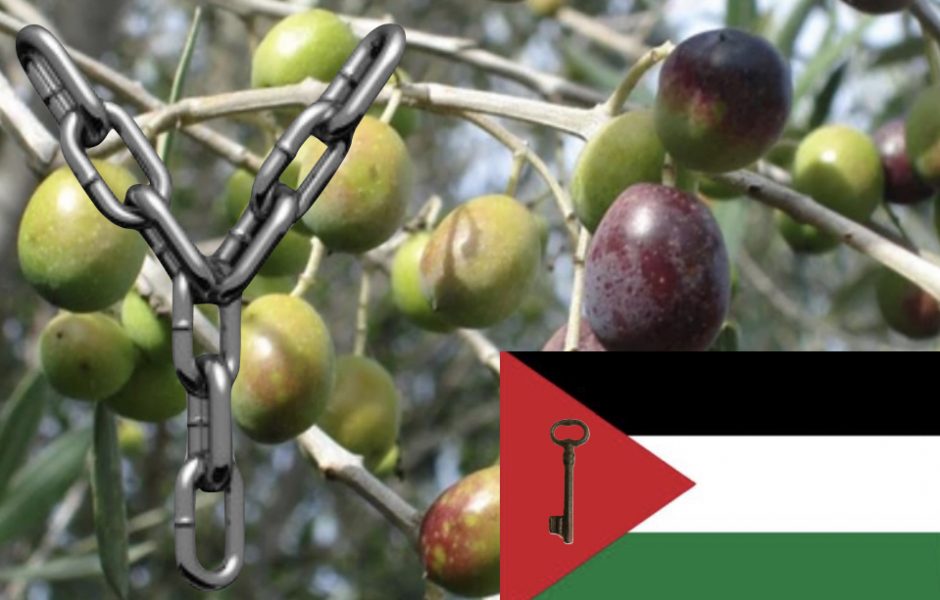By Phalapoem editor , 7/12/2024
For decades, Palestinians—both those living within Israel and those in the occupied West Bank and East Jerusalem—have faced systemic human rights abuses that deprive them of basic freedoms, dignity, and self-determination. These violations stem from discriminatory policies, military occupation, and the erosion of international law, creating a dual reality of oppression for Palestinians under Israeli rule.
Palestinians Living in Israel
Palestinians who hold Israeli citizenship—often referred to as Arab Israelis—constitute around 20% of Israel’s population. While they have formal citizenship, they face pervasive discrimination in nearly every aspect of life, including housing, education, employment, and political representation.
1. Institutionalized Discrimination:
The Nation-State Law of 2018 officially declared Israel as the nation-state of the Jewish people, reducing Arabic from an official language and prioritizing Jewish settlement expansion. This law cemented second-class status for Palestinian citizens, effectively codifying inequality.
2. Land and Housing:
Palestinian citizens face discriminatory land allocation policies and severe restrictions on building permits. Many live in overcrowded areas with poor infrastructure, while Jewish settlements expand rapidly, even in mixed cities. Demolitions of Palestinian homes, often under the pretext of “illegal construction,” are common.
3. Political Marginalization:
Palestinian citizens are frequently excluded from Israel’s political processes. While they can vote, parties representing Palestinian interests face delegitimization, and their calls for equality are often dismissed as threats to Israel’s “Jewish character.”
4. Police Violence and Neglect:
Palestinian communities within Israel experience disproportionate policing and brutality, coupled with neglect when it comes to addressing crime in their neighborhoods. This dual reality fosters insecurity and further marginalizes them.
Palestinians in the West Bank
The West Bank, occupied since 1967, is a stark example of apartheid conditions, where Palestinians live under military rule while Israeli settlers enjoy full civil rights.
1. Military Occupation:
Palestinians in the West Bank are subjected to a brutal and racist military regime. They face arbitrary arrests, prolonged detentions without trial (administrative detention), and violent crackdowns on protests. Children are not spared, with many imprisoned in harsh conditions.
2. Land Confiscation and Settlements:
Over 700,000 Israeli settlers live in illegal settlements across the West Bank, constructed on stolen Palestinian land. Settler violence is rampant, often carried out with impunity under the protection of the Israeli military. Palestinians, on the other hand, face home demolitions and forced evictions.
3. Restrictions on Movement:
Israel’s vast network of checkpoints, the separation wall, and roadblocks severely restrict Palestinian movement. Palestinians must endure hours-long waits to travel short distances, while settlers travel freely on roads built exclusively for them.
4. Economic Oppression:
The occupation has stifled the Palestinian economy. Palestinians are often dependent on Israel for work permits, while the blockade of resources and exports prevents economic growth. The West Bank’s agricultural and water resources are exploited for the benefit of settlers, leaving Palestinians impoverished.
Palestinians in East Jerusalem
In East Jerusalem, Palestinians live in a precarious situation, as Israel seeks to Judaize the city while marginalizing its Palestinian population.
1. Forced Evictions and Home Demolitions:
Palestinian families in neighborhoods like Sheikh Jarrah and Silwan face ongoing forced evictions to make way for Israeli settlers. Homes are frequently demolished under the guise of lacking permits, which are nearly impossible for Palestinians to obtain.
2. Denial of Residency Rights:
Palestinians in East Jerusalem are treated as “permanent residents,” a status that can be revoked at any time. Thousands have had their residency stripped, forcing them to leave the city and separating families.
3. Lack of Services and Infrastructure:
While Palestinians in East Jerusalem pay taxes, they receive minimal municipal services. Roads, schools, and healthcare facilities in Palestinian neighborhoods are chronically underfunded, exacerbating poverty and inequality.
4. Religious Restrictions:
Palestinians face barriers to accessing holy sites, especially during religious holidays. The Al-Aqsa Mosque, a symbol of Palestinian identity, is frequently raided by Israeli forces, escalating tensions and violence.
A Systemic Pattern of Oppression
Whether inside Israel, in the West Bank, or in East Jerusalem, Palestinians are subjected to a system of oppression that systematically denies them their human rights. These violations include:
• Denial of Self-Determination: Palestinians are denied the right to govern themselves, particularly in the occupied territories, where Israeli military control dictates every aspect of their lives.
• Collective Punishment: The blockade on Gaza, military raids, genocide , ethnic cleansing, blockade, starvation, and punitive measures against entire communities reflect a policy of racist and criminal apartheid in violation of international law.
• Erosion of International Law: Despite countless UN resolutions condemning these practices, Israel continues to act with impunity, shielded by political and military support from powerful allies.
The breaches of Palestinian human rights cannot be ignored. The international community must hold Israel accountable for its illegal and criminal actions, applying pressure to end the occupation, dismantle apartheid policies, and ensure equal rights for all. Silence and complicity only prolong the suffering of millions and undermine the principles of justice and human dignity.
Palestinians—whether citizens of Israel, residents of the West Bank, or East Jerusalem—deserve the same fundamental rights as anyone else: freedom, equality, and the right to live in peace. Until these rights are recognized, the struggle for justice will continue, and the call for accountability will grow louder.










































































